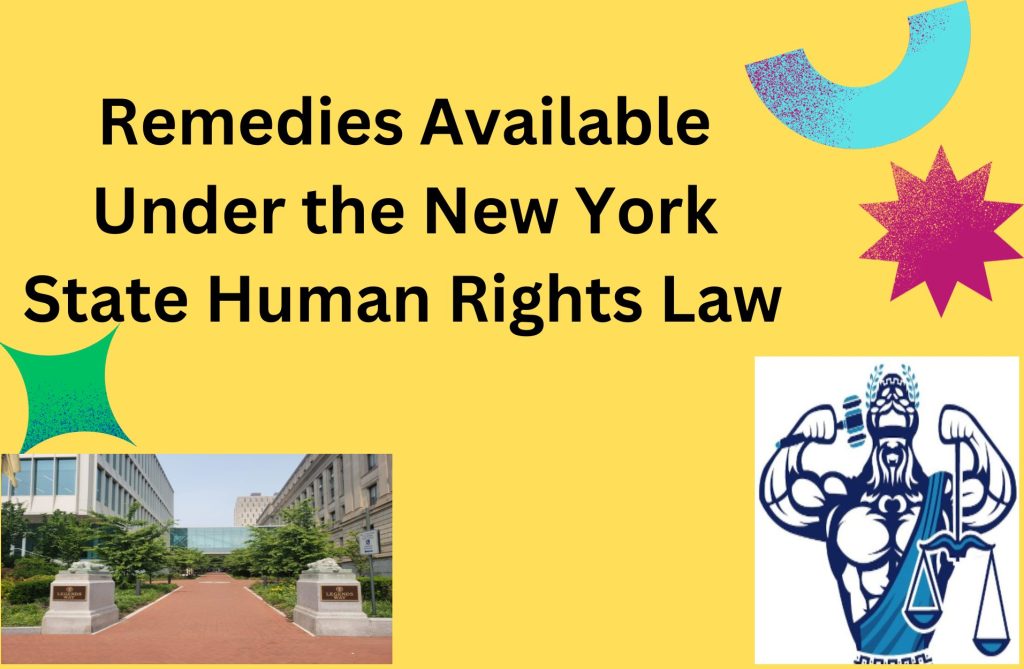Department of Labor in New York
According to the Department of Labor in New York, “most employees must receive overtime pay at a rate of 1.5% times their regular pay for all hours worked over 40 in a workweek.” While some employment is exempt from federal laws such as those stipulated in the Fair Labor Standards Act (FLSA), New York State Labor Law may still apply.
Understanding what you can expect to ensure you are not being unfairly underpaid for your work week is essential. Read on to learn more.
Who May Be Exempt From Overtime Pay Laws?
While several aspects of employment are required to follow minimum wage and overtime laws, some places or groups of employees are exempt.
Outside commissioned salespeople, such as those who primarily work from their homes or make sales calls outside of the office, are typically exempt from overtime hour pay requirements.
Seasonal employees, such as those who work at amusement parks or ski lifts, may be exempt.
Healthcare workers, such as optometrists or other doctors, dentists, and more, may be exempt from overtime pay.
Federal criminal investigators and a limited list of other federal-level employees are generally exempt from overtime laws.
Police and firefighters who work in small public police and fire departments are typically exempt.
Taxicab drivers or rideshare company employees, as well as local delivery drivers, typically aren’t eligible for overtime pay.
Airline or railroad employees across the state are typically exempt from overtime pay.
Certain registered nurses and other healthcare staff may be exempt from overtime laws.
While it can be confusing to determine whether you are exempt or not, there are a few factors that can help you determine your eligibility.
Am I Exempt From Overtime Pay Eligibility?
While some of the careers listed above are generally considered exempt, your job title doesn’t necessarily mean you are exempt. There may be extenuating circumstances to consider, such as whether or not you work on a salary or an hourly basis.
You may be exempt if your job description states that you are responsible for duties similar to an executive, an administrative employee, a specialty skilled worker, or certain types of computer workers.
Additionally, if you are paid a salary of $1125 a week or more for an employer in New York City, you are generally exempt from overtime pay. Furthermore, some counties, such as Nassau and Westchester, typically follow a threshold of $1,050 a week regardless of the number of employees.
Another aspect to consider regarding salary is that if you are paid more than $100,000 gross salary per year, you may be exempt from overtime pay. It’s important to note that this benchmark may not be applicable across all careers and is typically reserved for those with professional or managerial duties.
Companies making less than $500,000 in annual sales may be exempt from paying their employees overtime pay in accordance with the FLSA, but may still be required to pay overtime per New York laws.
It’s important to consult your experienced employment attorney with concerns or questions to ensure you are not getting less pay than you deserve.
What if I Was Paid Less Than My Salary?
There are some exceptions to employees receiving their salary as expected, and they are summarized below;
- If you are found to violate explicit company conduct rules or have been suspended without pay
- If you are absent from work for personal reasons, not including disability or sickness, for one or more days
- Violating major safety rules in the workplace may result in less than your salary during that timeline.
Unless otherwise noted, most salary workers in New York are entitled to receive their full salary regardless of hours worked, generally speaking.
What Steps Can I Take To Protect Myself?
For those concerned about whether you are being sufficiently paid for overtime hours, consider the aspects that may make you exempt from such laws. If you are an eligible employee for overtime, you can take a few critical steps to ensure you can pursue adequate pay through professional channels.
Record everything relevant. Paychecks are tangible evidence that can prove what you were paid, but keeping records of the hours you worked to ensure there aren’t discrepancies can help your attorney understand where the problem lies and how often it occurs.
There are apps you can add to track your whereabouts through geographic locations, which can immensely help to prove that you were at your place of business outside of the hours that may be shown on your paycheck.
Email trails or text/phone conversations with managers or supervisors also provide insight into the number of hours you are putting in and if there is a significant difference in your pay vs. hours worked.
This information can be easily obtained and helps your legal professionals to adequately advocate for you and provide realistic results.
You Have Rights: Ensure You Are Not Being Unjustly Underpaid
Whether an employee of a business, large or small, we all deserve to be adequately paid for our efforts and hard work. If you are concerned that you are not being paid overtime and aren’t exempt based on information within this article, reach out to our office.
Our firm was built around advocating for local clients, mainly the more minor needs or issues that arise in employment settings. We have since expanded to accommodate larger cases, though we still treat all cases and clients with the same tireless advocacy, regardless of the case size.
 Professional Legal & Business Services And Representation - English & Espanol!
Professional Legal & Business Services And Representation - English & Espanol!

 314-648-2586
314-648-2586 CALL US NOW
CALL US NOW







